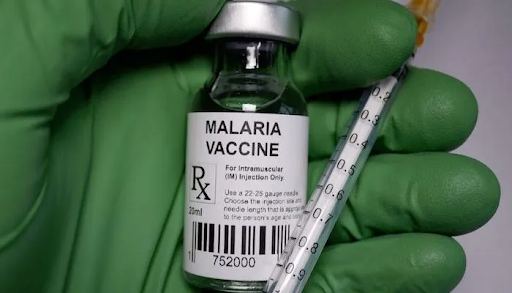The fight against malaria in Nigeria has taken a significant step forward with the introduction of a new malaria vaccine. The National Coordinator of the National Malaria Elimination Programme (NMEP), Dr. Godwin Ntadom, made this announcement at a media briefing in Abuja on Tuesday.
The groundbreaking vaccine will first be rolled out in the states of Bayelsa and Kebbi, before expanding to other regions. This decision was guided by current malaria burden data, with Kebbi, Sokoto, and Zamfara having the highest prevalence of malaria cases, while Lagos and Kwara States have the lowest rates.
Dr. Ntadom emphasized that Nigeria has decided to adopt the vaccine as part of its arsenal against the persistent malaria scourge. “So far, only Cameroon and Kenya have commenced the use of the malaria vaccine,” he stated. “Nigeria will start the use in some states, starting with Kebbi and Bayelsa states, and then extend it to other parts of the country.”
This vaccine rollout is part of Nigeria’s broader strategy to significantly reduce the impact of malaria by 2025. The country aims to bring down malaria prevalence to 10 percent by that year, with the ultimate goal of ensuring that malaria is no longer a major public health challenge.
Positive progress has already been made, as Dr. Ntadom pointed out. “The malaria burden in the country has reduced from 27 percent in 2015 to 22 percent in 2021, and is more likely to reduce in 2024 considering the efforts made towards reducing the burden,” he said.
In addition to the new vaccine, Nigeria has deployed various other strategies in its quest to eliminate malaria. These include the distribution of treated mosquito nets, provision of antimalarial medication, and the implementation of seasonal malaria chemoprevention treatment, especially in northern regions where malaria is more prevalent.
Dr. Ntadom also advised Nigerians to purchase only antimalarial medicines that contain artemisinin-based combination therapy (ACT), as these are more effective in clearing all parasites.





